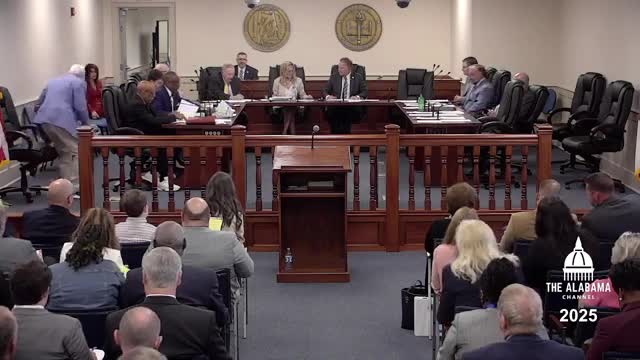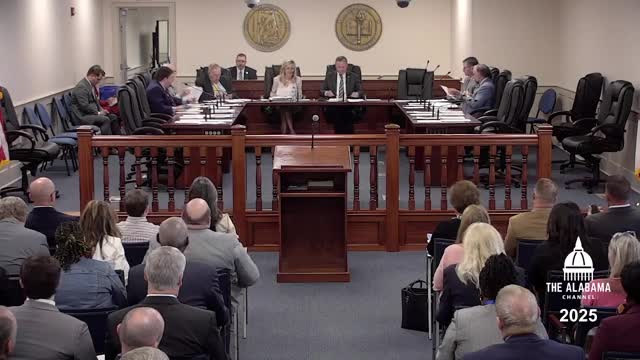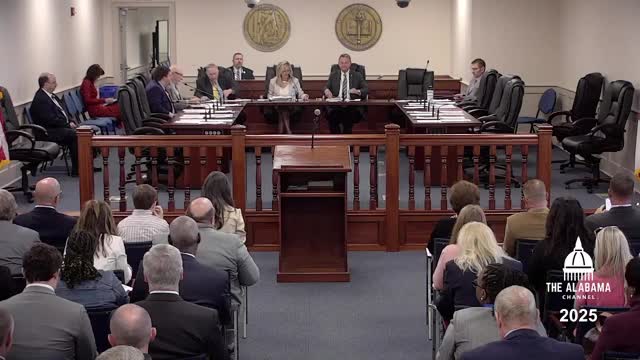Article not found
This article is no longer available. But don't worry—we've gathered other articles that discuss the same topic.

Senate committee hears testimony on bill to require school districts to adopt release‑time religious instruction policies; no vote

Senate committee approves bill requiring 'sexual risk‑avoidance' instruction, bans comprehensive curricula in K–12 schools

